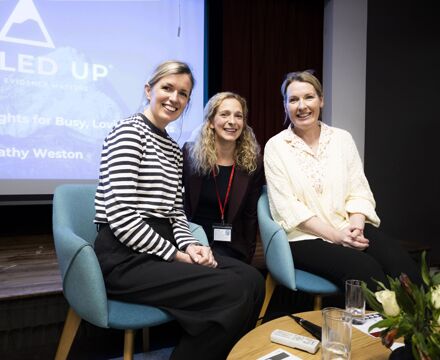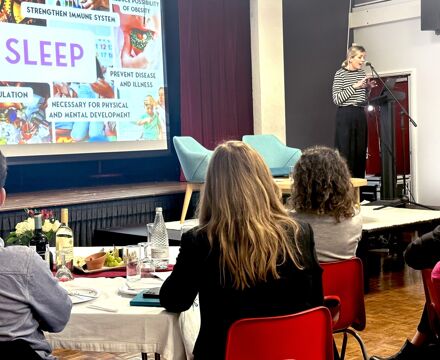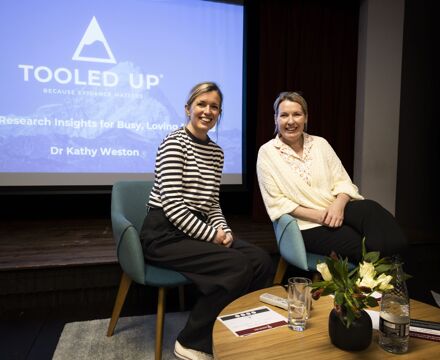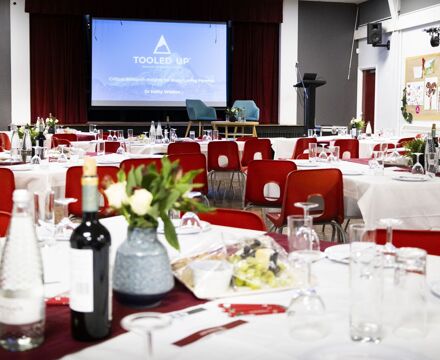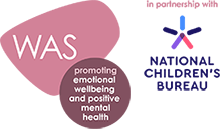- Home
- News & Events
- News Blog
- The Crucial Role of Sleep in Preparatory...
News Blog
The Crucial Role of Sleep in Preparatory Aged Children
Posted on: 11th Mar 2024Adequate sleep is not merely a luxury but a necessity for children, impacting their overall well-being and success. Sleep is a non-negotiable aspect of good health, especially for children in their preparatory years. It is during these formative years that sleep plays a pivotal role in physical, cognitive, and emotional development.
Physical Growth and Health
The body needs sleep in order to perform essential processes for growth and development. It is mainly during deep sleep that growth hormone is primarily secreted during deep sleep, and this supports both physical growth as well as muscle repair. Children who consistently get adequate sleep usually have healthier body weights, more effective immune systems, and generally better physical health.
Cognitive Development
Children’s bodies may be still, but their brains are incredibly active during sleep. Sleep allows them to consolidate, process and organise what they have learned during the day. Research has shown that sleep improves memory retention, problem-solving skills, and overall cognitive function. At school, well-rested children are more attentive, engaged, and ready to learn.
Emotional Regulation
When a child has consistent sleep routines, they are better able to regulate their emotions, problem-solve, and enjoy emotional well-being. Children who do not get enough sleep often demonstrate mood swings and irritability. This can impact their relationships with peers and adults, as well as their ability to cope with stress and challenges.
At WGPS we were delighted to host sleep expert Polly Revaliente co founder of The Sleep Project (www.thesleepproject.life). Polly shared practical tools and guidance to establish healthy sleep habits for children. Polly discussed the importance of creating seven tiny habits that can help parents to positively support children having quality sleep:
1. Optimising the sleep environment.
2. Enjoying activities outside in the fresh air.
3. Altering children's relationship with technology.
4. Reducing sugar intake, particularly in the evenings.
5. Be consistent with sleeping and eating schedules.
6. Creating a bedtime routine (no more than 30 minutes)
7. Relaxation techniques
It was fascinating to view the recommended sleep duration children need at different ages.
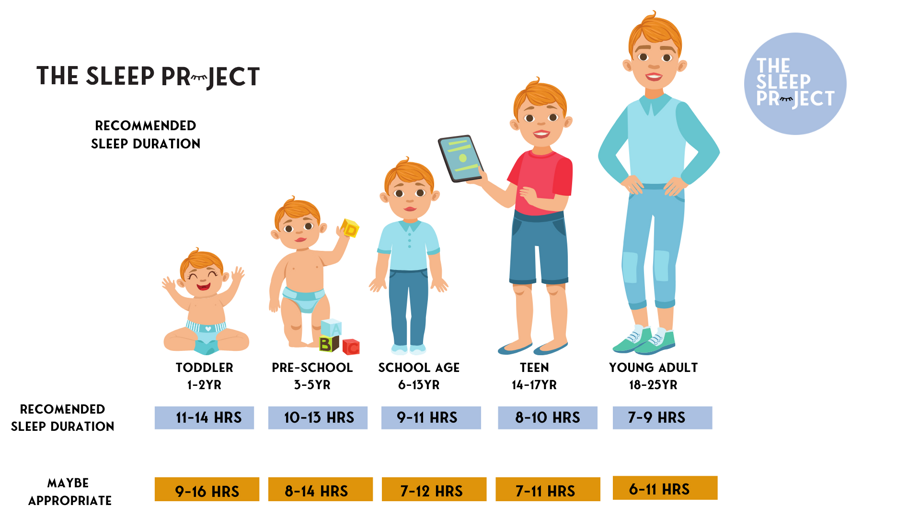
Polly highlighted that she often sees children who have experienced a different routine at the weekend presenting with what she referred to as ‘social jet lag’ on a Monday morning. This can impact children at the beginning of the week as they are not able to learn as effectively as they could if they had a positive and consistent bedtime routine.
Polly also highlighted that children may have early awakenings due to a dependence on technology. If, for example, children wake up and watch television first thing in the morning or use an ipad, they will continue to awake early to access that technology.
In conclusion, sleep is not a passive activity but an essential part of a child's development, particularly during the preparatory years. By prioritising sleep, we are giving our children the best foundation for success in school and in life.
Further information and interesting blogs from Polly and her team can be found at https://www.thesleepproject.life/
As a school we subscribe for all parents to have access to Tooled Up Education.
https://members.tooledupeducation.com/resource/webinar/ask-the-sleep-experts-qanda
Ms Chere (Deputy Head) and Mrs Maher (Learning Schools Leader)

